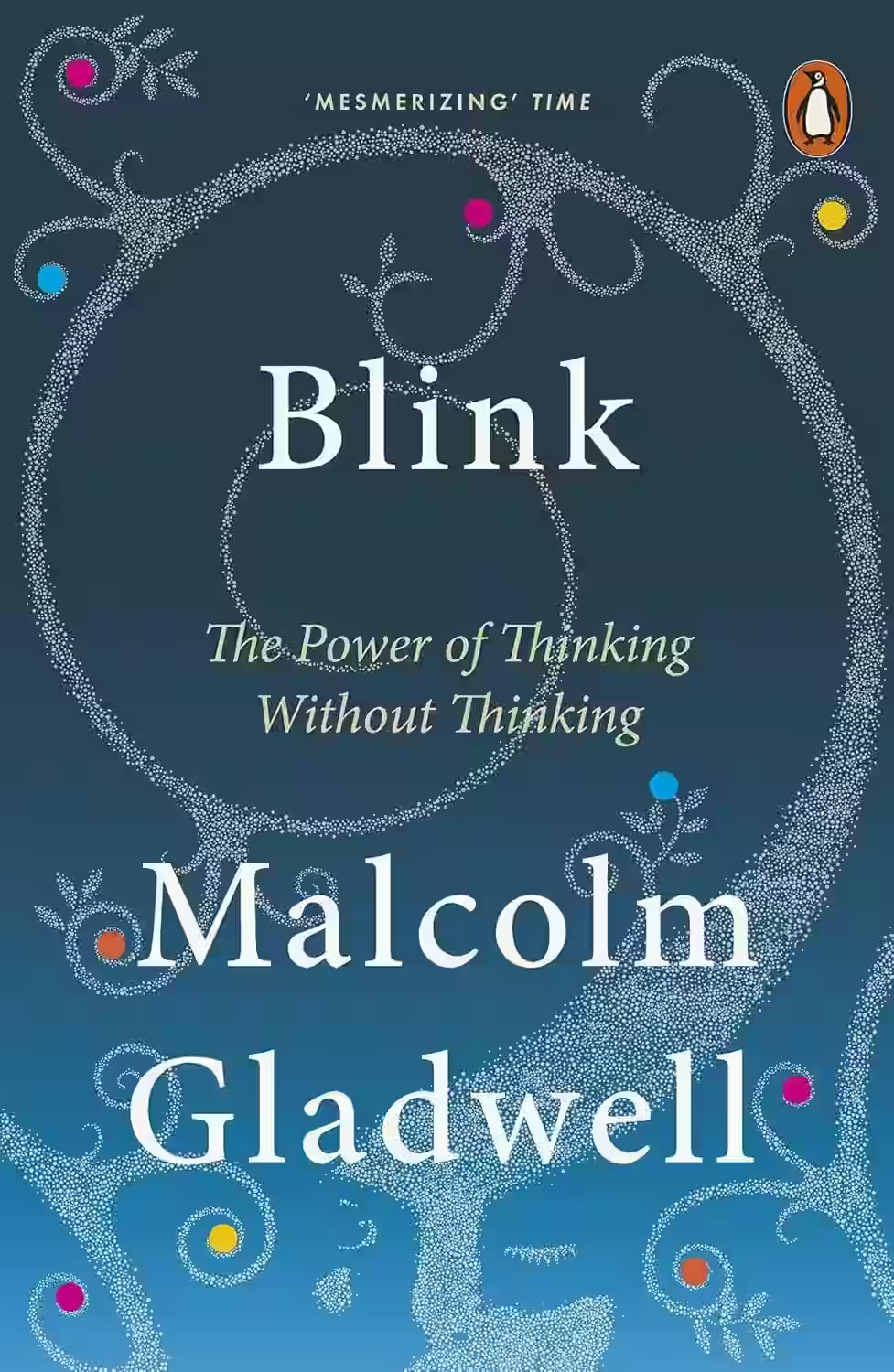
In 'Blink: The Power of Thinking Without Thinking,' Malcolm Gladwell delves into the intriguing concept of rapid cognition and its impact on decision-making. Through captivating anecdotes and thought-provoking research, Gladwell explores how our intuition and subconscious play a significant role in our choices. He discusses the power of thin-slicing, the ability to make quick judgments based on limited information, and raises questions about the reliability of snap judgments. This book challenges conventional wisdom on how we make decisions and offers valuable insights into the hidden forces that shape our choices. 'Blink' is a compelling read that will make you reassess the way you think and decide.
About Malcolm Gladwell
Malcolm Gladwell, born in England in 1963, is a renowned author and journalist known for his compelling narrative nonfiction that delves into social psychology and human behavior. He began his career at The Washington Post and The New Yorker, gaining recognition for his unique storytelling style. Gladwell's breakthrough book, 'The Tipping Point,' explores how small actions can lead to significant changes in society. He continued to capture readers' attention with bestsellers such as 'Blink,' 'Outliers,' and 'David and Goliath.' Gladwell's thought-provoking insights and ability to make complex ideas accessible have made him a celebrated figure in literature and a captivating speaker on various topics.
Other Books by Malcolm Gladwell
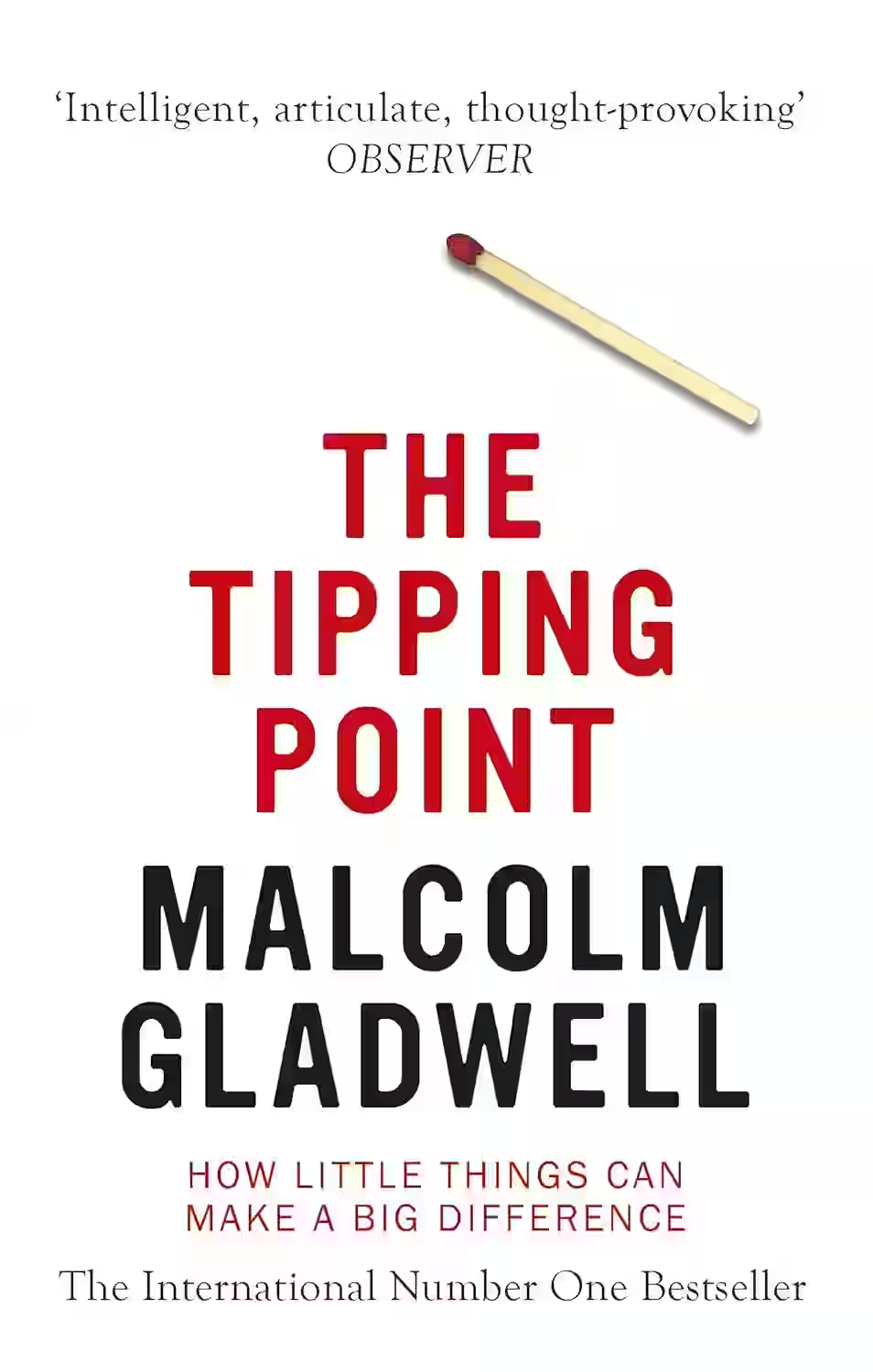
The Tipping Point: How Little Things Can Make a Big Difference
Malcolm Gladwell's 'The Tipping Point' delves into the fascinating concept of how small actions can lead to significant societal changes. Through compelling anecdotes and thorough research, Gladwell explores the tipping point phenomenon, where ideas, trends, and behaviors suddenly reach a critical mass and spread rapidly. He identifies key factors such as the Law of the Few, the Stickiness Factor, and the Power of Context that contribute to these tipping points. By examining real-world examples like the sudden popularity of Hush Puppies shoes, Gladwell offers thought-provoking insights into social epidemics and how individuals can leverage these tipping points for positive change.
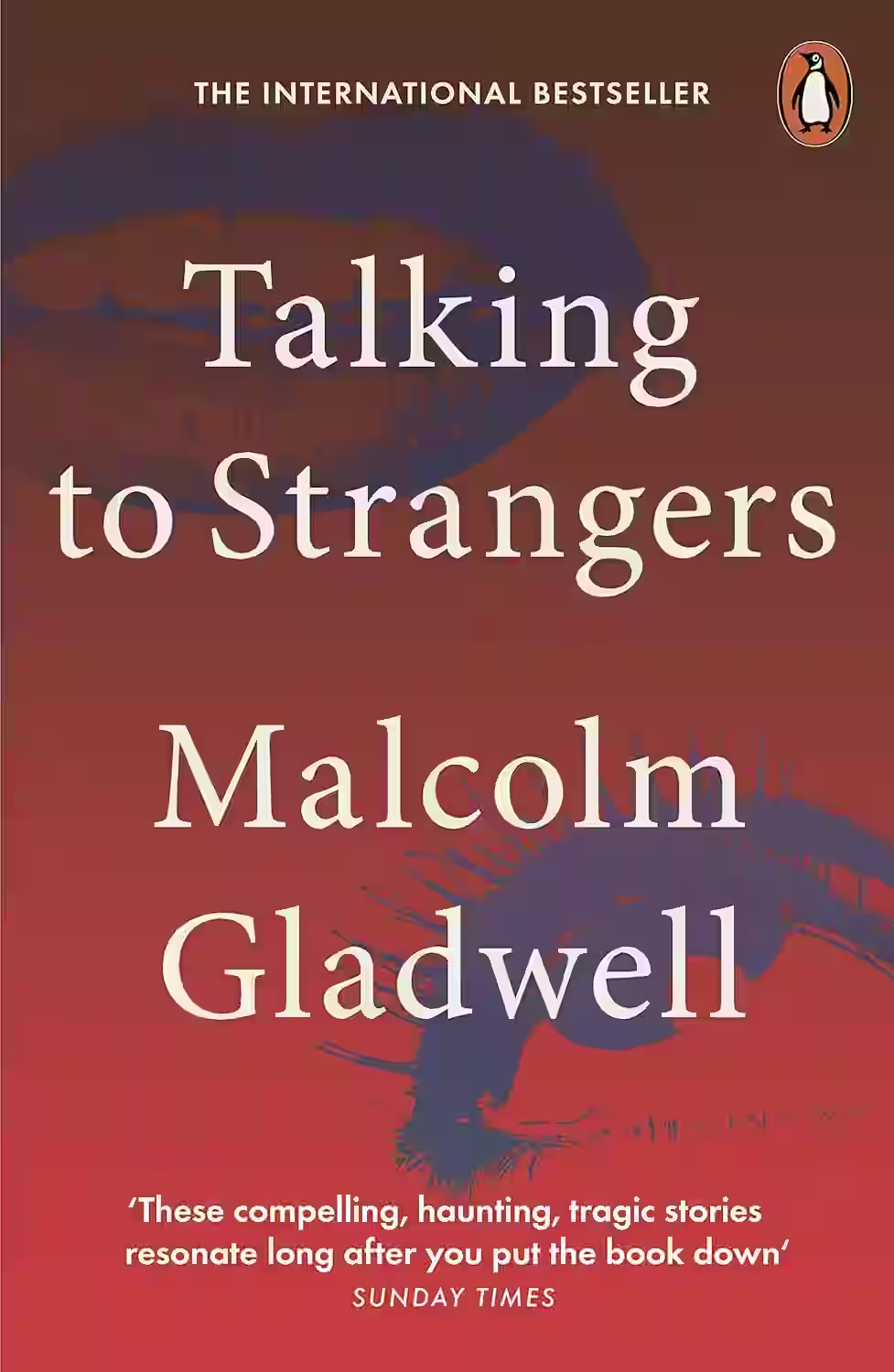
Talking to Strangers: What We Should Know about the People We Don't Know
In 'Talking to Strangers: What We Should Know about the People We Don't Know', Malcolm Gladwell delves into the complex dynamics of human interactions with strangers. Through a blend of psychology, sociology, and real-life anecdotes, Gladwell explores how our innate biases and misconceptions shape our understanding of unfamiliar individuals. He investigates infamous cases like the arrest of Sandra Bland and the betrayal of Bernie Madoff to illustrate the challenges of deciphering strangers' true intentions. This thought-provoking book challenges readers to reassess their assumptions and offers valuable insights into communication and trust in a modern society filled with unknown faces.
Similar Books
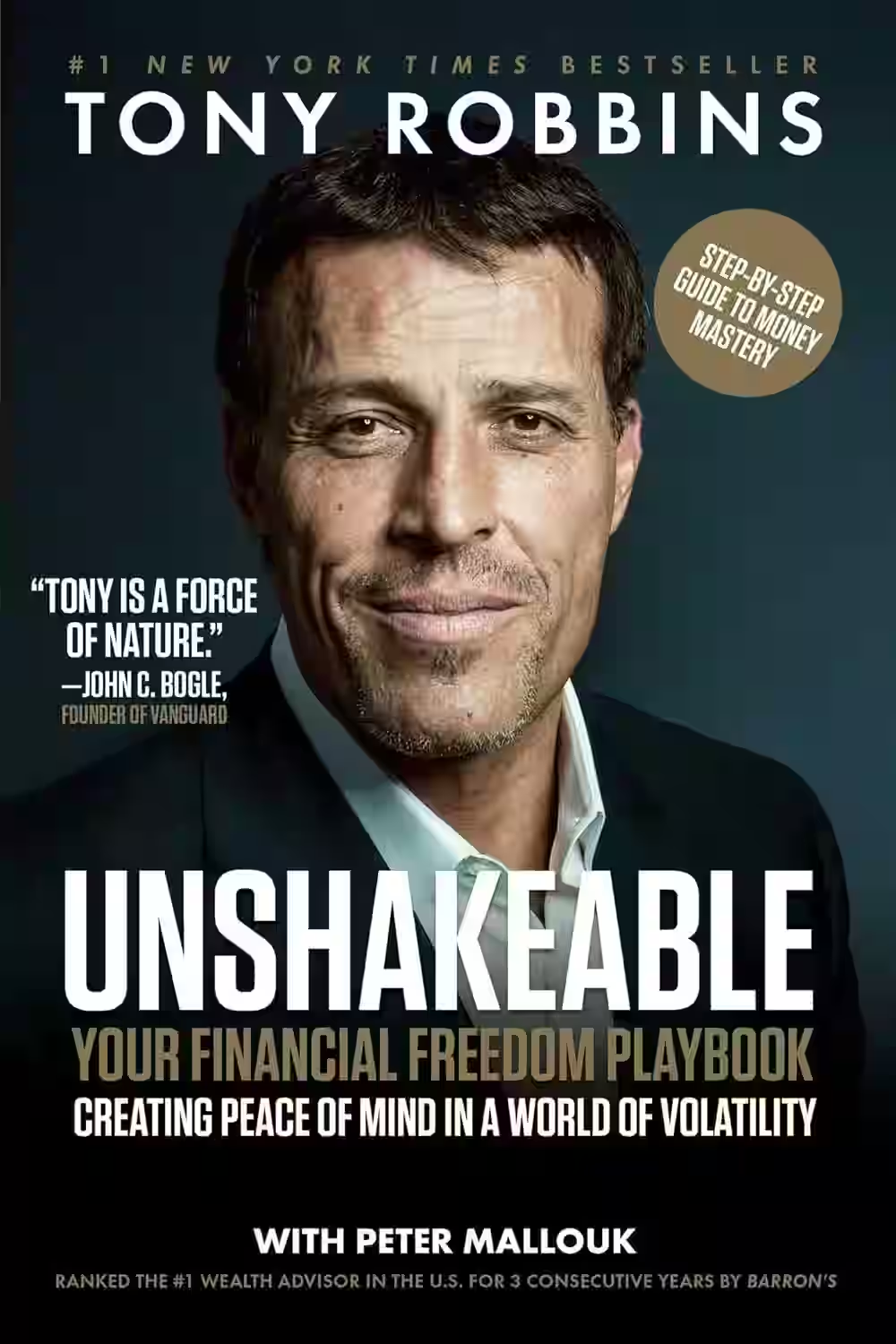
Unshakeable
by Tony Robbins
In "Unshakeable," Tony Robbins, along with financial advisor Peter Mallouk, delves into the world of personal finance and investment. The book is purposefully crafted to arm readers with the knowledge and strategies necessary to cultivate financial stability and confidence. Robbins breaks down complex financial concepts into accessible advice, especially valuable for those new to investing. Emphasizing the importance of staying the course during turbulent market times, it conveys a message of resilience. Robbins also includes practical insights from renowned investors, making it a comprehensive guide to wealth-building. While the book provides a reassuring perspective for anxious investors, it might offer less depth for seasoned financial enthusiasts.

Pre-Suasion: A Revolutionary Way to Influence and Persuade
In 'Pre-Suasion: A Revolutionary Way to Influence and Persuade,' Robert B. Cialdini delves into the art of effective persuasion by emphasizing the importance of priming audiences before delivering a message. He explores how setting the stage through strategic actions and cues can significantly impact the receptiveness of individuals to subsequent information. Backed by research and real-world examples, Cialdini provides valuable insights into the psychology behind successful communication and influence. This book not only offers practical strategies for marketers, leaders, and communicators but also challenges readers to rethink their preconceptions about persuasion. With a blend of engaging storytelling and scientific evidence, 'Pre-Suasion' is a must-read for anyone interested in mastering the art of persuasion.
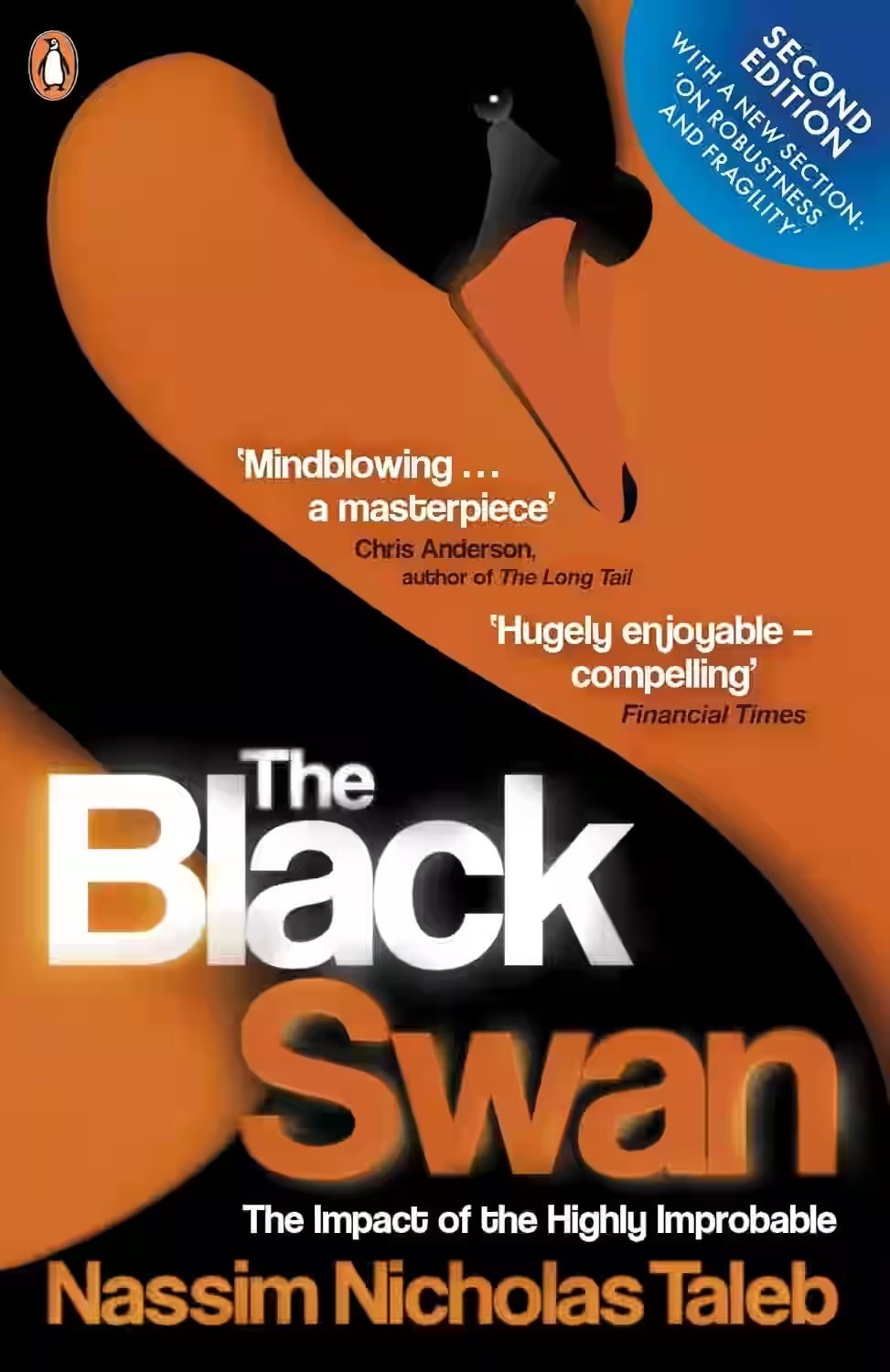
The Black Swan
Series: Incerto (#2)
The Black Swan explores the profound impact of rare, unpredictable events—what Taleb calls “Black Swans”—that lie outside normal expectations but have massive consequences. The book challenges traditional forecasting and risk models, arguing that humans consistently underestimate uncertainty. Taleb illustrates how randomness and surprise shape history, from financial markets to scientific breakthroughs, and advocates for antifragility—systems that benefit from disorder. Combining philosophy, probability theory, and anecdotal insight, The Black Swan is a provocative critique of modern thinking and a call to embrace humility in the face of complexity. It’s a transformative read for anyone making decisions in uncertain environments.
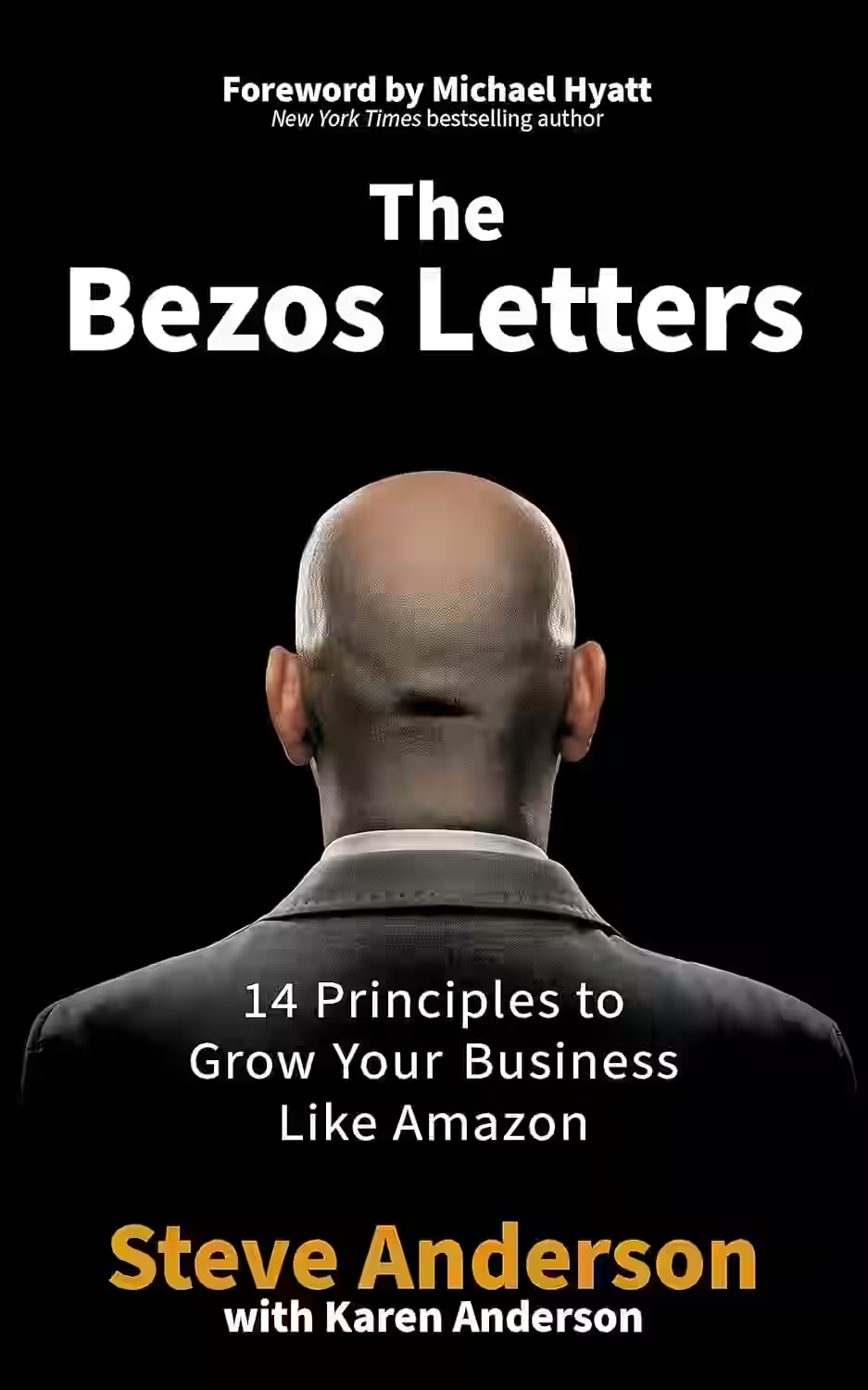
The Bezos Letters: 14 Principles to Grow Your Business Like Amazon
In 'The Bezos Letters: 14 Principles to Grow Your Business Like Amazon' by Steve Anderson, readers delve into the core principles that propelled Amazon to incredible success. The book breaks down Jeff Bezos' annual letters to shareholders over the years, revealing essential business strategies such as customer obsession, embracing failure, and long-term thinking. Anderson expertly distills these principles, providing valuable insights and actionable advice for entrepreneurs and business leaders looking to emulate Amazon's achievements. Through a combination of analysis and real-world examples, this book offers a compelling roadmap for growth and innovation in today's competitive market.